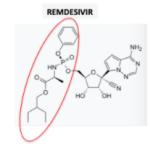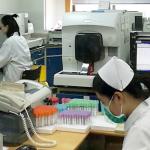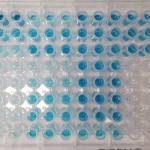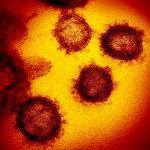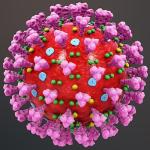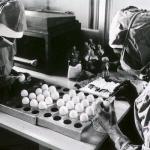It is rare to find a mention of Giliead's remdesivir, arguably the most promising drug in the fight against coronavirus, without also hearing that it failed miserably in fighting Ebola.
SARS-CoV-2
UV light is a powerful disinfectant because its high-energy photons are able to damage the genetic material inside of microbes. (The genetic material for most microbes is DNA.
We are still in the midst of the COVID-19 lockdown.
When the novel coronavirus, now known as SARS-CoV-2, emerged from China, conspiracy theorists -- including a promine
By Norman Fenton, Queen Mary University of London;
By Benjamin Neuman, Texas A&M University-Texarkana
Mark Twain famously said, "What gets us into trouble is not what we don't know. It's what we know for sure that just ain't so."
There has been a lot of confusion in regard to possible treatments for COVID-19 and the timeline for the development and deployment of those treatments.
Throughout the month of January, the world was gripped by an unfolding drama. Glued to their television sets and social media accounts, people were sharing news stories and punditry, eager to learn of the latest developments.
If you think the new coronavirus pandemic is an unexpected tragedy public health officials are hoping to end swiftly, you're mistaken, says anti-vaccine group
